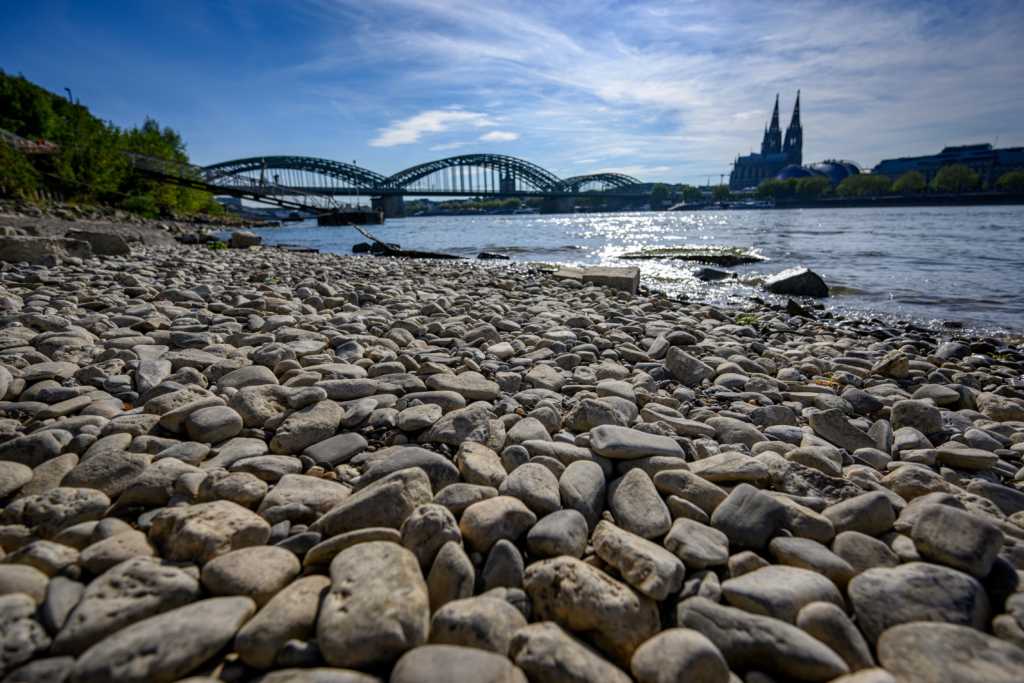The Rhine River, a crucial economic artery for Germany, faces rising concerns due to low water levels. This disrupts shipping and damages the economy. In 2018, low water levels caused a 0.4% shrink in Germany’s GDP, impacting both large and small businesses relying on the river.

The Kiel Institute estimates that if water levels at Kaub drop below 78 centimeters for 30 days, industrial production falls by 1%. Industries like chemicals, metals, and agriculture rely heavily on the Rhine for transportation.
Several factors contribute to the decline in water levels, including climate change, increased water withdrawals for agriculture and industry, and drought. Climate change leads to reduced snowmelt from the Alps, causing lower water levels throughout the year.
To combat this, the government invests in water conservation measures and restores wetlands. They are also developing new technologies for shallow water transportation. Additionally, they cooperate with other countries in the Rhine basin to reduce water withdrawals and protect water quality.
Despite being a complex problem, the government is dedicated to finding solutions. Their efforts will ensure the Rhine remains a vital economic artery for Germany, benefiting businesses and industries alike.
